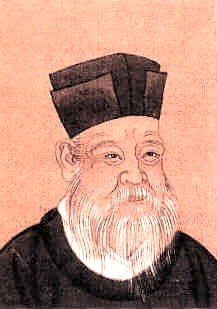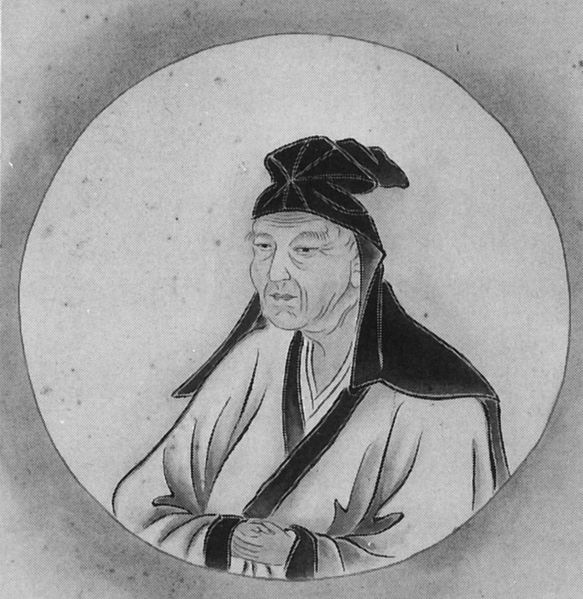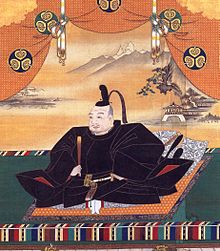Seishin Itto Nanigotoka Narazaran
(Zhu Xi: https://en.wikipedia.org/wiki/Zhu_Xi)
Zhu Xi (1130 – 1200) was one of the Son Dynasty (960 – 1279) Confucians and established his own school of Confucianism in China. Confucianism was introduced to Japan and was appreciated most in Edo Period. Notable Japanese scholars include Hayashi Razan (https://en.wikipedia.org/wiki/Hayashi_Razan).
(Hayashi Razan)
Hayashi Razan was not a scholastic thoroughbred, but his phylosophy based on Chinese Zhu Xi school served the Tokugawa Shogunate (https://en.wikipedia.org/wiki/Tokugawa_shogunate) supremely well. The proverb above came from Zhu Xi’s analects, which was published by his disciples.
In Japanese-English dictionary, it is usually translated into English this way – “Where there’s a will, there’s a way.” There is, however, slight difference between Japanese interpretation and American interpretation. In English, it means that nothing is impossible to a determined mind, or that nothing is impossible once you set your mind to it.
Yes, this proverb teaches you how important it is for you to set your goal and stick to it for your success in Japan. Take a good look at the historical or/and political background of it, however.
(Tokugawa Ieyasu)
After decades of patience, Tokugawa Ieysu (https://en.wikipedia.org/wiki/Tokugawa_Ieyasu) finally started his special political system called “Tokugawa Shogunate.” As planed by him, Togugawa Shogunate lasted nealy 3 centuries. Why do you think that was possible? The answer is “Zhu Xi School” philosophy from China.
What Shoguns wanted to avoid most was rebellions of Daimyo (https://en.wikipedia.org/wiki/Daimyo). Or, riots of each social class – Samurai Warriors –> Farmers –> Artisans –> Merchants. English translation could be interpreted as “If you don’t want to follow the rules of Tokugawa Shogunate, set your mind to uproot it! You can do it if you are tactful enough!” No way! That was the last thing that Tokugawa Shogunate wanted from people in Edo period. They wanted to have people settled in their own category. So, what it says – or the message they wanted to give out to their people – was “Wake up and know who you are. Focus on what you are supposed to do. Nothing else. Mind your own business! After all, you would never amount to much!” Tokugawa Shogunate loved Zhu Xi School!
After working hard to help the management of the Shogunate for 300 years, this proverb has started to serve the Japanese youngsters with high motivation or it has been used to encourage apprentices of some sort, college students, and business people. It is one of the most popular proverb among the Japanese. Very few Japanese know the truth. You are privileged!
Interested in becoming a “privileged” Japanese learner?
Here is the way!
$19.99 Special Trial Lesson <– click here!






